SUMMARY
This is AI generated summarization, which may have errors. For context, always refer to the full article.
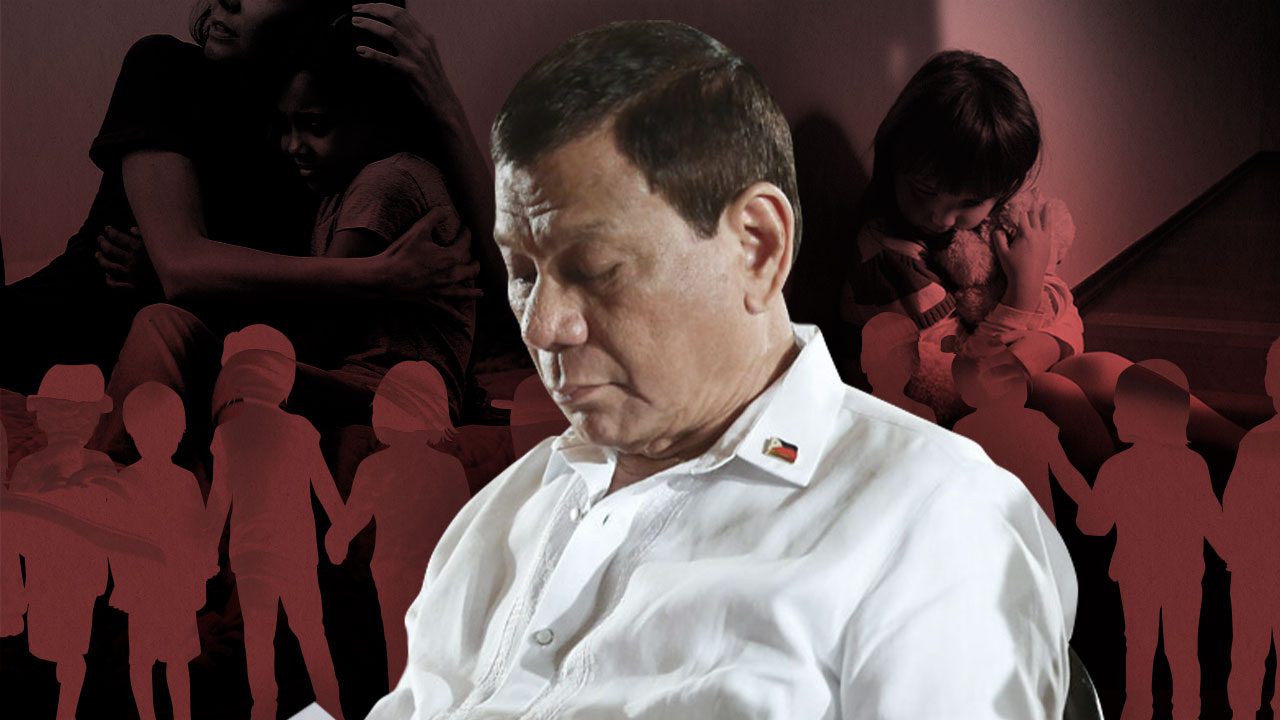
From the onset of his 2016 electoral campaign, President Rodrigo Duterte’s priorities throughout his 4 years in office have shown to be repetitive and consistent. Among others, he imagined a drug-free, transparent, cash-sufficient, and terrorism-free Philippines. (READ: What happened to Duterte’s SONA 2020 priority bills?)
For some of the goals he set his mind to, it was easy to move towards them. Just hours after Duterte’s inauguration when he promised death to drug addicts, the earliest reported extrajudicial killing happened in Tondo, Manila.
One week after Duterte certified the controversial anti-terrorism bill as urgent on June 1, 2020, Congress transmitted the bill to Malacañang. After a month, the bill became law.
In his first State of the Nation Address (SONA) in 2016, Duterte vowed to protect women’s rights and said abuse against women was “unacceptable.” In the following years, however, policies related to women and gender were not seen in his SONA priority bills.
Duterte has lobbied for rape with homicide to be eligible for the death penalty. While Duterte also passed the Safe Spaces Act in April 2019 – which expanded the definition of sexual harassment and protects physical and online spaces – it is the exception.
The Philippine National Police also has yet to report statistics on how effective the law has been, but even these may not give an accurate picture, given an existing culture of underreporting. (READ: Victim-blaming: Why survivors of sexual violence won’t come forward)
Duterte himself has been guilty of sexist remarks in his speeches.
Rappler compiled a list of prevailing issues in the Philippines related to women, children, family, and gender. They have corresponding bills which keep languishing in Congress or have yet to be proposed.
Repeatedly refiled
Rape and the minimum age of sexual consent
In Republic Act (RA) 8353, or the Anti-Rape Law of 1997, rape is defined as “an act of sexual assault by inserting [a man’s] penis into another person’s mouth or anal orifice, or any instrument or object, into the genital or anal orifice of another person.”
If the rapist and victim get married, then the rapist is cleared of penalties.
To provide evidence of the crime, the law requires that there must have been a “physical overt act manifesting resistance.”
Groups and lawmakers have sought to amend these portions of the law, noting that the absence of consent is not limited to physical resistance.
In Gabriela Women’s Party’s 15th Congress version of the bill, the party list proposed to revolve the definition of rape around the “lack of or inability to give consent.”
In the eyes of the same law, if an adult raped a 12-year-old, the rapist could claim it was consensual. This minimum age of sexual consent is the lowest in Southeast Asia and one of the lowest in the world.
There is at least one bill seeking to amend the anti-rape law in the 18th Congress, and several others looking to raise the minimum age of determining statutory rape. The House of Representatives approved the bill raising the age of sexual consent to 16 on final reading on December 1, 2020. Meanwhile, the Senate version hurdled the committee level on October 1, 2020.
Prostitution
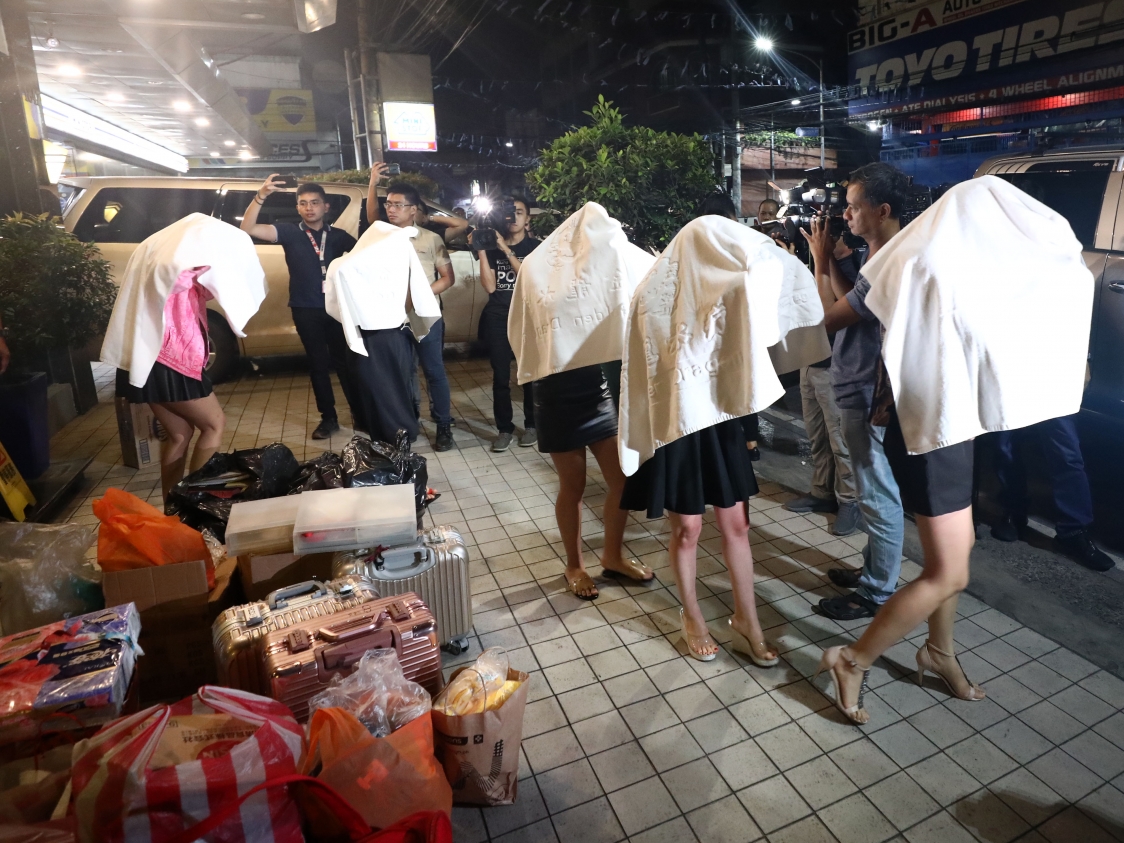
The 90-year-old Revised Penal Code (RPC) criminalizes the sale of sex. Police have been known to abuse sex workers and prostituted women, and the abused women sometimes refuse to come forward because of stigma and distrust in the justice system.
At least 6 bills related to abuses in prostitution are pending in Congress. One version in the House that zeroes in on reducing child prostitution was transmitted to the Senate in February, while the rest remain at the committee level.
Legal separation, annulment, and divorce
In the Philippines, married couples can split up through annulment and legal separation. However, there is rampant corruption in the judiciary when it comes to processing annulments, and in legal separation, the individuals cannot marry again.
Divorce is also allowed, but only for Muslim Filipinos. The Philippines remains the only country in the world without divorce aside from the Vatican City State.
One in 4 women has experienced physical, sexual, or emotional violence by a husband or partner, the Philippine Statistics Authority found in 2017. Senator Risa Hontiveros said divorce would help “protect children from abuse and rebuild broken families.”
There are at least 14 bills pending with the 18th Congress on expanding grounds for annulment and legal separation, and introducing inclusive divorce in the Philippines.
Killing a spouse or daughter
For 90 years, the RPC has allowed married persons to kill or harm their spouse or minor daughter if they were caught in the act of sexual intercourse with another person. In Article 247, harm is explicitly exempted from penalty, while killing is “punished” with destierro.
“Destierro is not really intended as a penalty but to remove the killer spouse from the vicinity and to protect him or her from acts of reprisal principally by relatives of the deceased spouse. So not only does the law absolve the killer, it also affords him or her protection,” reads the bill looking to repeal the article.
At least two versions of it are pending in the House and Senate.
Teen pregnancy
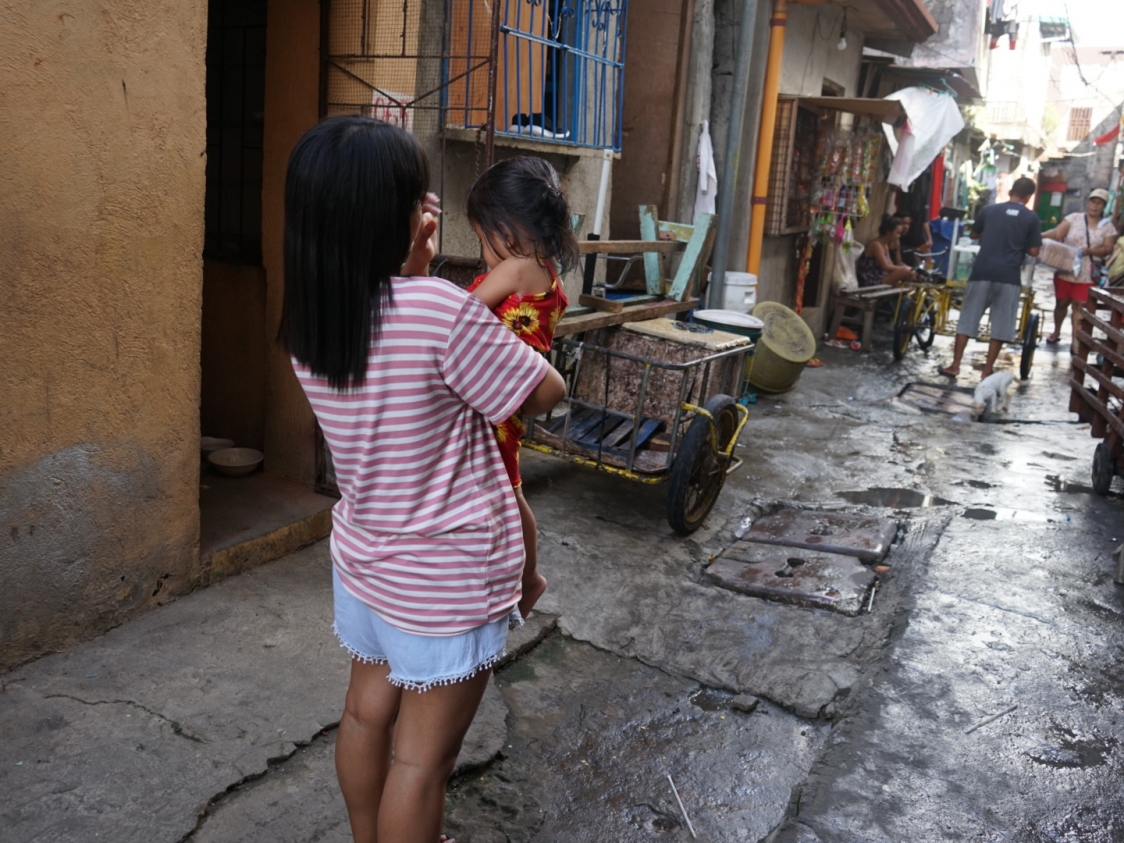
The Commission on Population and Development (PopCom) called on Duterte to declare teenage pregnancy as a national emergency. PopCom reported that about 1.2 million children had children over a 10-year period. (WATCH: Teen mothers strive to reclaim their future)
The anti-teen pregnancy bill has not progressed since the 12th Congress. Author Laguna Representative Sol Aragones is “optimistic” it will pass this time around, but women’s studies professor Carolyn Sobritchea thinks there are still challenges at the educational and local government levels.
However, while the bills remain pending in Congress, Duterte signed an executive order declaring teenage pregnancy prevention a national priority on June 25, 2021.
Child marriage
Muslim-Filipino minors are an exception to the rule in the Family Code that sets the legal age of marriage at 18. While the law requires mutual consent, including that of the minor, the silence of many child brides is read as consent to the marriage. (READ: Too young to marry)
The United Nations found in 2018 that 15% of women aged 20 to 24 years old in the Philippines entered a marriage before they reached the legal age.
The House committee on women and gender equality approved the anti-child marriages bill on June 2, 2021. The Senate version of the bill passed final reading on November 9, 2020.
SOGIE equality
A long list of lawmakers made themselves authors of a bill seeking to penalize discrimination against the lesbian, gay, bisexual, transgender, queer (LGBTQ+) community.
Notorious hate crimes and abuse have been recorded in the country over the years, despite the Constitution mandating to uphold the dignity and equality of all persons. (TIMELINE: SOGIE equality in the Philippines)
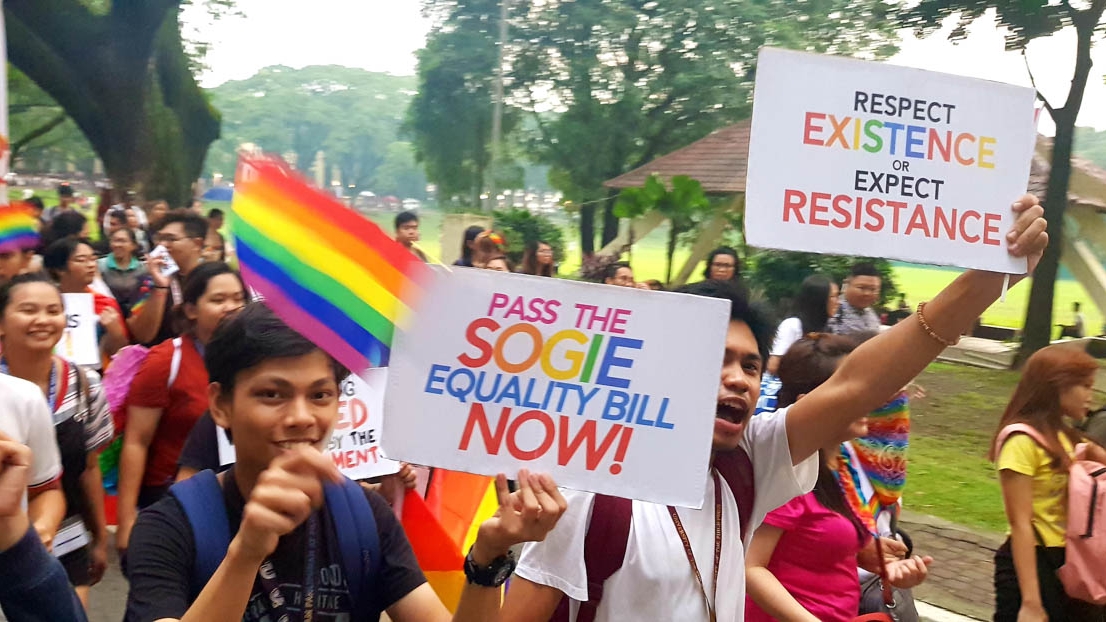
The earliest version of the SOGIE equality bill was filed in 2000 by the late senator Miriam Defensor Santiago and former Akbayan representative Loretta Rosales under the 11th Congress.
Seventeen years later, the bill hurdled the 17th Congress on its third and final reading. In June 2019, however, it languished after 3 years of interpellations.
The SOGIE equality bill has at least 17 versions pending with the 18th Congress.
First proposal/not proposed yet
Online sexual exploitation of children (OSEC)
While there are laws in place against trafficking, child abuse, and child sexual exploitation materials (CSEM), there has yet to be a law that specifically targets the online sexual exploitation of children.
Unlike CSEM, which could be photographs or videos that can be stored, OSEC involves livestreamed abuse. The anti-child pornography law is silent about catching livestreams. (FAST FACTS: Why online sexual exploitation of children happens in the Philippines)
A recent study from the International Justice Mission (IJM) found that OSEC in the country tripled in 3 years. IJM said internet service providers have yet to use and develop technology that detects livestreamed abuse.
At least two anti-OSEC bills have been filed with the 18th Congress. They are pending at the committee level.
Abortion
Abortion is strictly illegal in the Philippines. To get an abortion, women in the Philippines flock to dangerous backstreet methods. Some who have the connections are able to get safe abortions from underground doctors.
There are no bills in the 18th Congress that seek to decriminalize abortion. Previous versions in Congress related to the issue have tried to promote choosing childbirth for those who want one. Some have even proposed to increase penalties against it.
In the 11th Congress, there was a bill that sought to allow abortion in special cases, such as if the conception was a result of rape. It never passed the committee level.
Gender rights lawyer Clara Rita Padilla said in May that she was finalizing a bill that would decriminalize abortion.
“The law imposing penalties on women who induce abortion and those assisting them has never lowered the number of women inducing abortion. It has only made it dangerous for women who undergo clandestine and unsafe abortion,” she said in a Facebook post.
Children affected by the war on drugs
Duterte’s drug war has endangered children – not just as “collateral damage,” but as actual targets, too. Three cops murdered 17-year-old Kian delos Santos in August 2017 in a case that sparked massive condemnation. (LIST: Minors, college students killed in Duterte’s drug war)
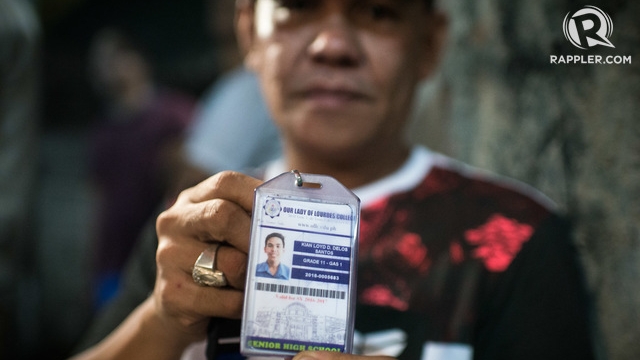
Child Rights Network (CRN) proposed that lawmakers focus special attention on the killings of children during Duterte’s drug war. Specifically, CRN recommended that government institutions like the Department of Social Welfare and Development (DSWD) must provide immediate response to the trauma and psychosocial needs of children left behind.
“Children are getting killed in the war on drugs, not only as collateral damage, but as actual targets of police operations. There is a ballooning number of children orphaned, abandoned, and neglected because their parents are either killed during the anti-drug police operation or incarcerated for drug related charges,” reads a CRN report. – Rappler.com
Add a comment
How does this make you feel?


![[Dash of SAS] Making abortion a constitutional right](https://www.rappler.com/tachyon/2024/03/Its_true_-_Flickr_-_Josh_Parrish-1.jpg?resize=257%2C257&crop=125px%2C0px%2C768px%2C768px)
![[WATCH] Spoil me but respect me: A sugar baby’s story](https://www.rappler.com/tachyon/2024/03/titlecard-03.jpg?resize=257%2C257&crop_strategy=attention)
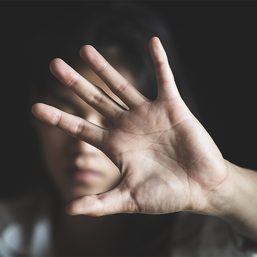
There are no comments yet. Add your comment to start the conversation.